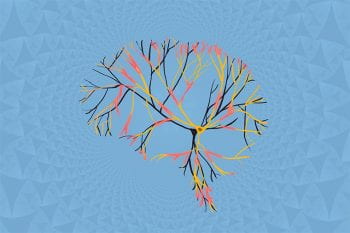Sleep is a fundamental need, just like food or water. “You’ll die without it,” said Keith Hengen, PhD, an assistant professor of biology at Washington University in St. Louis. But what does sleep actually accomplish? For years, the best researchers could say is that sleep reduces sleepiness — hardly a satisfying explanation for a basic requirement […]
Why do we sleep? Researchers propose an answer to this age-old question



